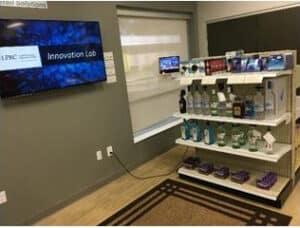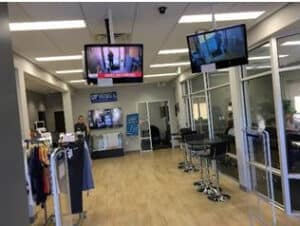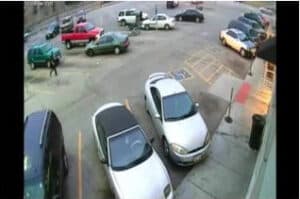Focusing solely on the on-shelf product is ineffective: there are many more layers to theft and the criminal behind the act. Building the Zones of Influence allows for more coverage of all aspects of crime prevention and the retail experience. The Zones emphasize how we establish sensors in, as well as deliver, efforts in concentric zones.
These Zones of Influence have been identified as:
Zone 1: Specific points or assets
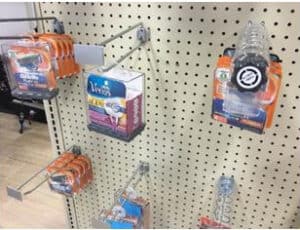
Zone 1 is anything that touches an asset, such as spider wrap around a box, or a security shelf fixture.
Zone 2: Specific interior category areas
For example, makeup aisles or fitting rooms. A common solution used for both of these is ePVMs.
Zone 3: Store entry and overall interior
Solutions for store entry include signage, EAS, ePVMs, and facial recognition.
Zone 4: Parking lot entry and interior
Exterior cameras, patrol vehicles, security guards
Zone 5: Cyber and surrounding build/social communities
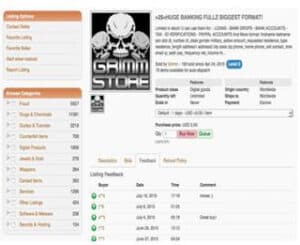
This includes social media monitoring, and crime mapping.
Through this concentric zone model, the LPRC research and development vision articulates that retailers require more and better: Situational awareness (diagnoses) and a tightly focused intervention (treatment) housed within these zones to more effectively deter and mitigate crime and loss threats and events.



